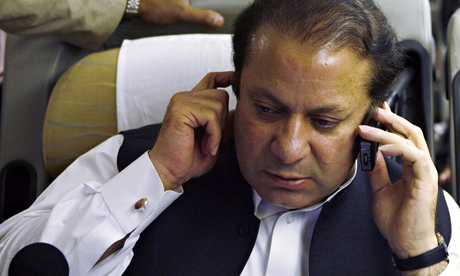
Using a mobile phone for temporary relief from negative emotions could worsen psychological conditions and spiral into unregulated and problematic use of mobile phones, said Prabu David, dean, College of Communication Arts and Science at Michigan State University.
Read: Depression doesn't spread: researchers
"The research bears out that despite all the advances we have made, there is still a place for meaningful, face-to-face interaction," David, an alumnus of Loyola College, Chennai, India, pointed out.
He said that people who substitute electronic interaction for the real-life human kind find little if any satisfaction.
"The mobile phone can do a range of things that simulate human interaction. It seduces us into believing it is real, but the fact remains it's still synthetic," David noted.
The researchers examined two pathways for habitual use of a smart phone: To either pass the time or entertain, or to alleviate feelings of sadness or depression by seeking out others.
It is the second reason that can cause trouble, David said.
"This suggests that problematic use of mobile phone is fueled in part by the purposeful or deliberate use of the mobile phone to relieve or alleviate negative feelings," he said.
However, habitual or ritualistic use to pass time is not strongly associated with it, David pointed out.
The study shows that face-to-face interaction can buffer the negative effects of heavy mobile phone use, lead study author Jung-Hyun Kim from Sogang University, Seoul, South Korea, explained.
"Engaging in more face-to-face interaction can work as an antidote to the development of problematic mobile phone use," Kim said.
Read: Reasons why close friends are good for your health
The study was published in the journal Computers in Human Behaviour.

1732441915-0/BeFunky-collage-(12)1732441915-0-165x106.webp)

1732438802-0/BeFunky-collage-(11)1732438802-0-165x106.webp)

1732437528-0/Untitled-design-(18)1732437528-0-270x192.webp)
1732434851-0/Untitled-design-(17)1732434851-0-270x192.webp)

1732428506-0/Untitled-design-(5)1732428506-0-270x192.webp)








COMMENTS
Comments are moderated and generally will be posted if they are on-topic and not abusive.
For more information, please see our Comments FAQ